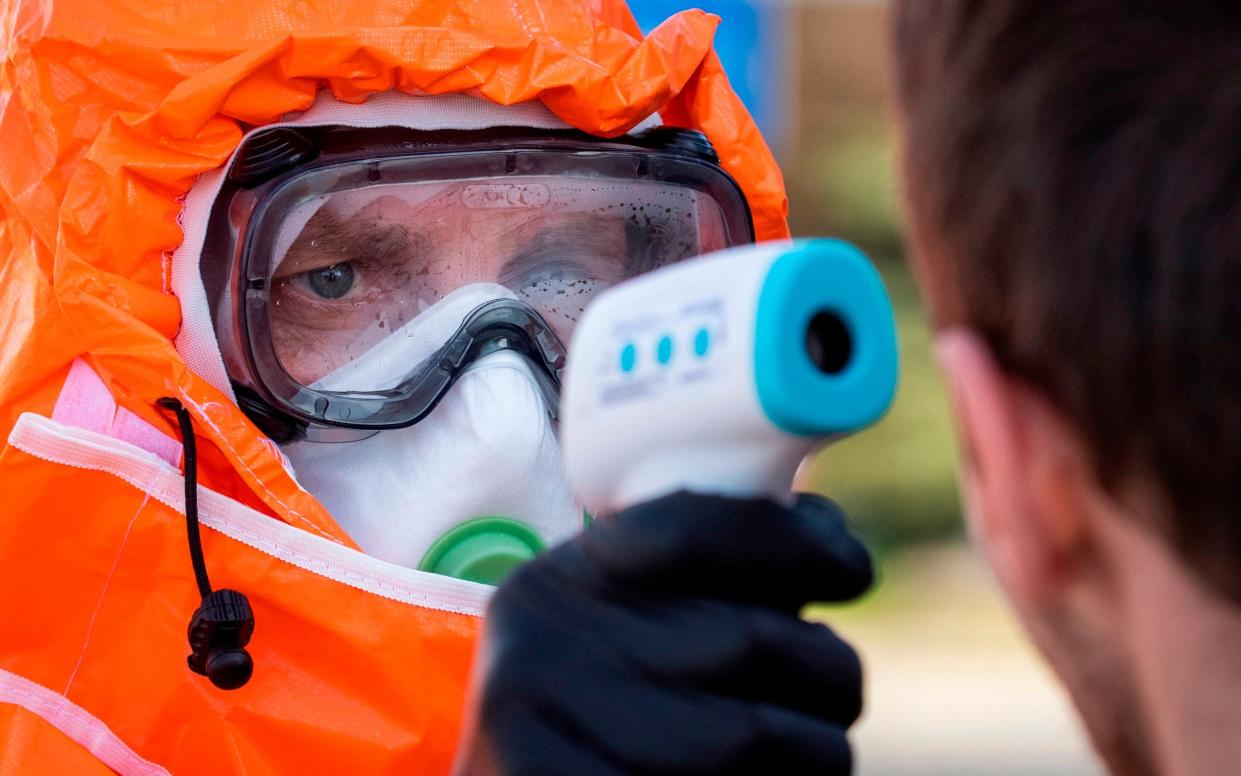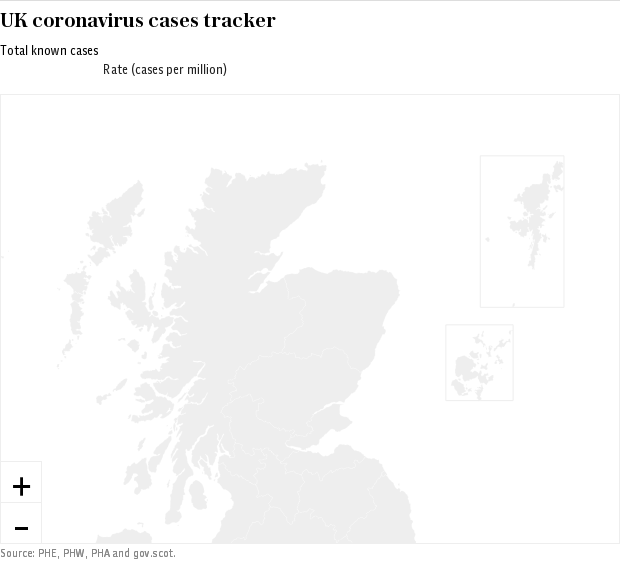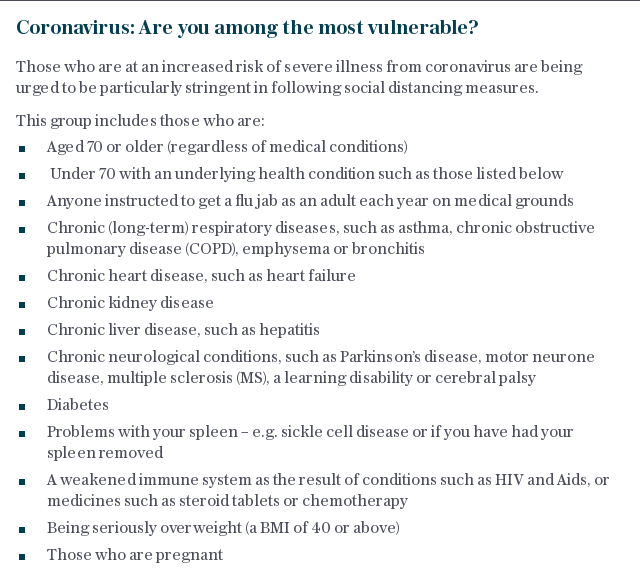Coronavirus: Here's what the scientists don't know that could be key to managing this pandemic


What we don’t know is as important as what we do when it comes to thinking about the coronavirus.
The strategic planners hunkered down in Whitehall will have at the core of their operation a long list headed “known unknowns”. It will help to inform virtually every decision they make today and in the weeks to come.
The concept was popularised by the former US defence secretary Donald Rumsfeld in the run up to the invasion of Iraq. Quizzed at a press conference about the lack of evidence linking Saddam Hussein to weapons of mass destruction, he told reporters: “There are things we know we know. We also know there are known unknowns; that is to say we know there are some things we do not know.”
Mr Rumsfeld may have given the concept a bad name but listing known unknowns continues to be used by strategic planners across the globe.

A more positive example, revealed by The Telegraph in March 2018, was the inclusion of “Disease X”, a classic known unknown, in the World Health Organization’s (WHO) list of diseases that pose a serious risk of sparking a major international public health emergency.
"Disease X represents the knowledge that a serious international epidemic could be caused by a pathogen currently unknown to cause human disease”, the WHO said prophetically at the time.
Anxiety over the UK response to the new coronavirus has been caused in part by poor communication but also because we all want certainly in an area where – if the truth be known – there still exists very considerable doubt.
But paradoxically perhaps, it is calming to know what is not known because it helps us understand the decision making of others. So here are what experts believe are the key known unknowns about the coronavirus as things stand.

Seasonality and acquired immunity
Professor Francois Balloux, chair in computational biology at University College London, says that for an epidemiologist, the two biggest unknowns are the virus’s ability (or not) to adapt to the seasons and the immunity (if any) it gives those who are infected and recover.
“There are two major unknowns at this stage. We don't know to what extent Covid-19 transmission will be seasonal. And We don’t know if Covid-19 infection induces long-lasting immunity”, he said in a viral thread on Twitter.
“How long immunity lasts for following covid-19 infection is the biggest unknown. Comparison with other Coronaviridae suggests it may be relatively short-lived (i.e. months). If this were to be confirmed, it would add to the challenge of managing the pandemic.
“Short-lived immunisation would defeat both ‘flattening the curve’ and ‘herd immunity’ approaches”.
Prof Balloux said there was some indication that the virus may wax and wane with the seasons but that it would be at least a year before that could be said with any real certainty.
“At the moment there is too little data and too many other variables going on to predict its seasonality with any certainty”, he said.
But the “critical variable” in predicting the course of the pandemic was acquired immunity – how long you are protected once you are recovered.
Asked whether a person can get coronavirus twice, chief scientific adviser Sir Patrick Vallance said on Monday: "In any infectious disease there are cases where people can catch something again [but] they're rare.
"There's nothing to suggest that this is a common occurrence in this disease but we are learning as we go along."
Professor Chris Whitty, the chief medical officer, added: "Even in diseases which do not have long-lasting immunity there's usually a short period of immunity and that's enough for a season.”
Children and asymptomatic infection
Paul Hunter, professor in medicine at the University of East Anglia, said another major gap in knowledge about the virus was the extent to which children spread it.
“Infection in kids is still a very big deal, not just for health but for planning purposes”, he said. “We know they tend only to get very mild illness but we are not sure to what extent they spread it to others.
“With the flu children play a major role in passing round the virus but with the coronavirus it is not at all clear. If we knew, for instance, that they were unlikely to infect their grandparents that would be very useful.”

It is this known unknown which probably explains the government’s reluctance to close schools.
Some argue that should be done as a precaution but if you don't know what role children play in spreading the disease it could also make matters considerably worse.
Also relevant is the fact that an estimated 30 per cent of the NHS and social care workforce in Britain have school age children. Close the schools, and you may take them out of work too.
Mutation
Viruses of all types are known to mutate over time, some becoming more virulent and infectious.This is also a major known unknown for coronavirus but most experts think it unlikely to mutate at the same pace as viruses like influenza.
“Coronaviruses are made up of RNA rather than DNA and have much better fidelity or stability”, said Prof Hunter.
Less optimistically he added: “What I am much more worried about is all the other coronaviruses out there in bats and other animals. We have had Sars, Mers and now Covid-19. Imagine if you got one as infectious as this but with a mortality rate like Sars or Mers. We are playing with fire allowing wet markets to continue.”
Mortality rates
Michael Tildesley, associate professor in infectious disease modelling at the University of Warwick, said that another known unknown was the mortality rate for Covid-19.
“One of the key challenges that we have with trying to predict the future spread of the disease is that there is still significant uncertainty regarding the number of individuals in the population who may only have mild symptoms (or no symptoms at all) and do not report infection.
“This impacts our estimates of the mortality rate of the disease as if the number of mild, undetected, cases is high, then the true mortality rate is significantly lower than one has been reported.”
A paper published yesterday by the US Centers for Disease Control says the mortality rate for Covid-19 could end up anywhere between 0.25 per cent and three percent.
“We estimated the case-fatality risk for 2019 novel coronavirus disease cases in China (3.5 per cent); China, excluding Hubei Province (0.8 per cent); 82 countries, territories, and areas (4.2 per cent); and on a cruise ship (0.6 per cent). Lower estimates might be closest to the true value, but a broad range of 0.25–3.0 per cent probably should be considered”, it concluded.
Protect yourself and your family by learning more about Global Health Security

 Yahoo News
Yahoo News 
